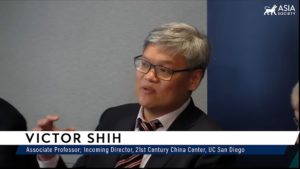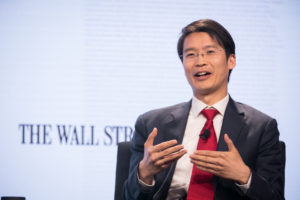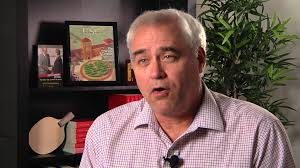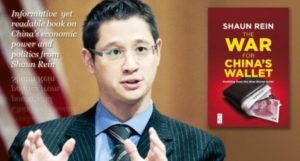
Xi Jinping has been building up a new government structure and the just-installed Central Financial Commission will be key in making financial decisions for the central government, says political analyst Victor Shih in the Financial Times. The “de facto watchdog, planner, and decision maker for China’s US$61tn financial sector, weakening the power of state institutions such as the People’s Bank of China and China Securities Regulatory Commission.”
The Financial Times:
Wang Jiang, a veteran state banker, has been appointed executive deputy director of the office of the commission, reporting to He Lifeng, a vice-premier and Xi’s new economic tsar, the people familiar with the new body said.
Victor Shih, professor of Chinese political economy at the University of California, San Diego, said businesses should expect to be affected by the commission, which will have the final say on important deals including major mergers and joint ventures.
Shih said the commission would also control mid-level state financial sector personnel appointments and the regulations applied by government agencies. State institutions such as the central bank have already suffered a decline.
Since August, the chairs of some state banks have in effect outranked the PBoC governor in the Communist party hierarchy.
Victor Shih is a speaker at the China Speakers Bureau. Do you need him at your meeting or conference? Do get in touch or fill in our speakers’ request form.
Are you looking for more political experts at the China Speakers Bureau? Do check out this list.








